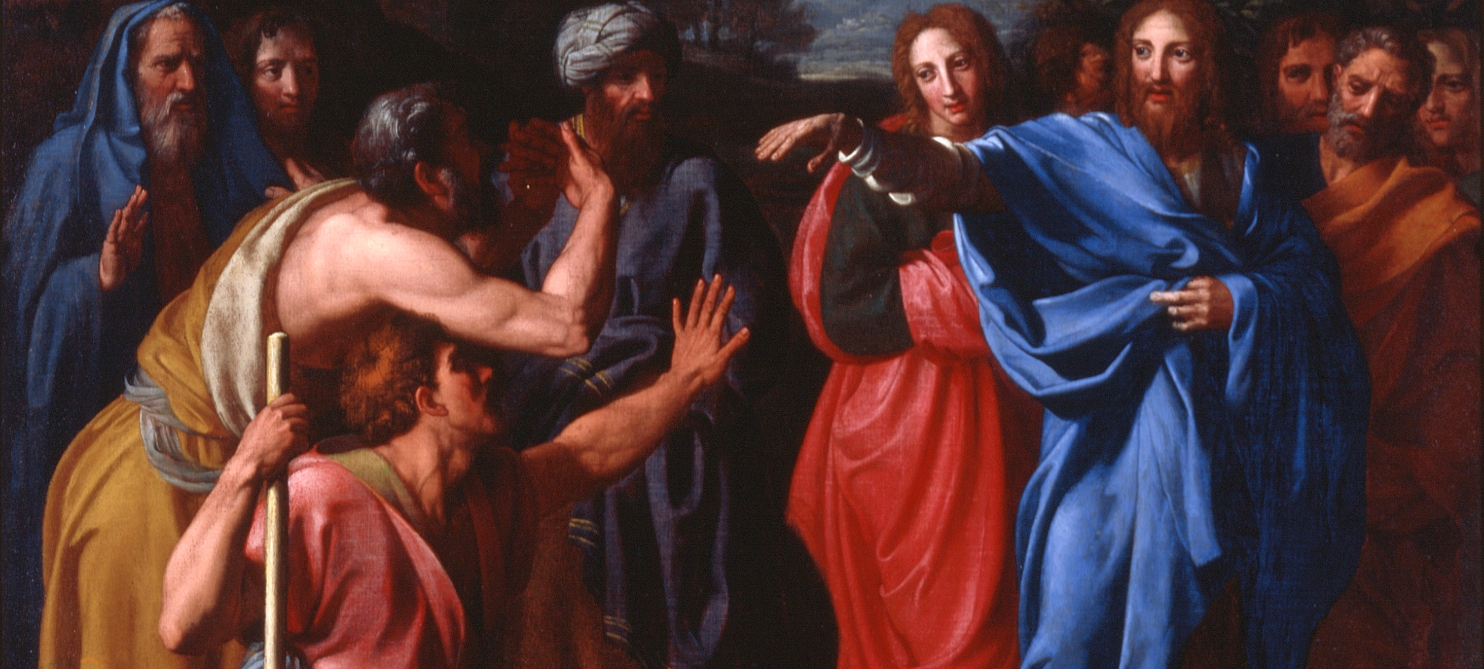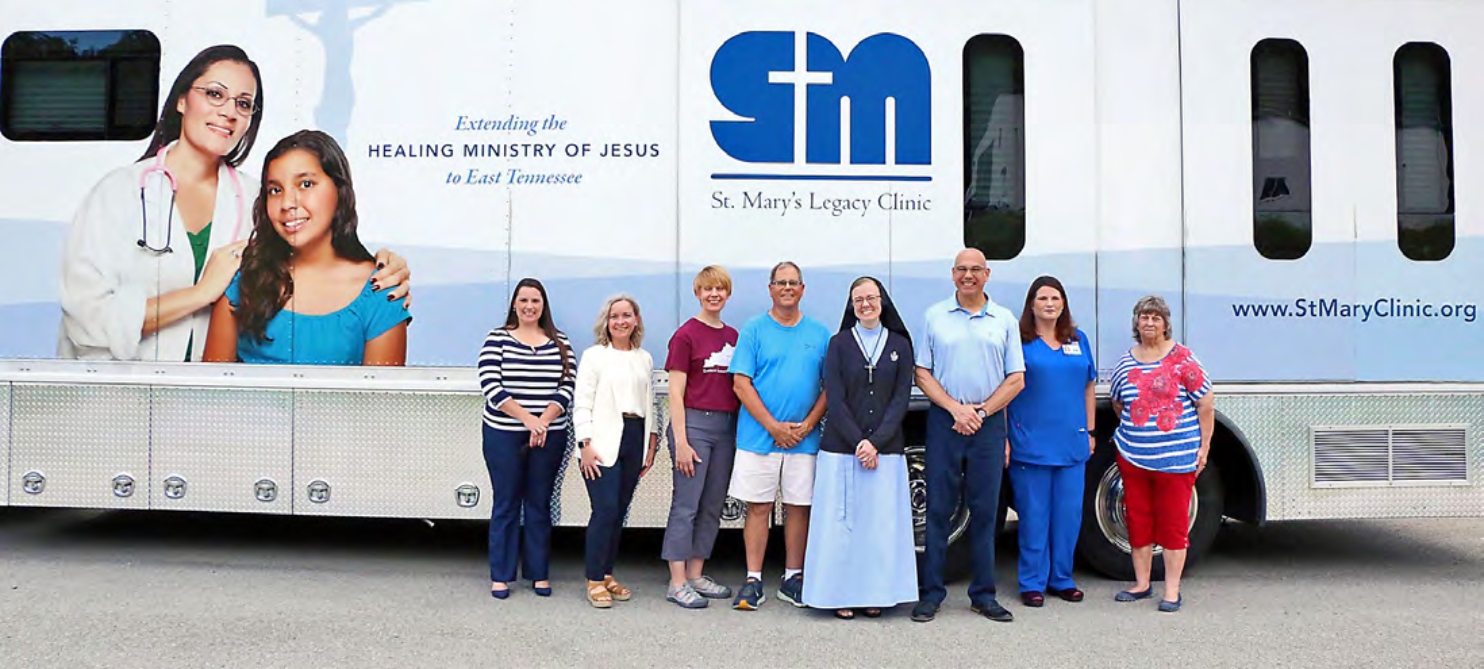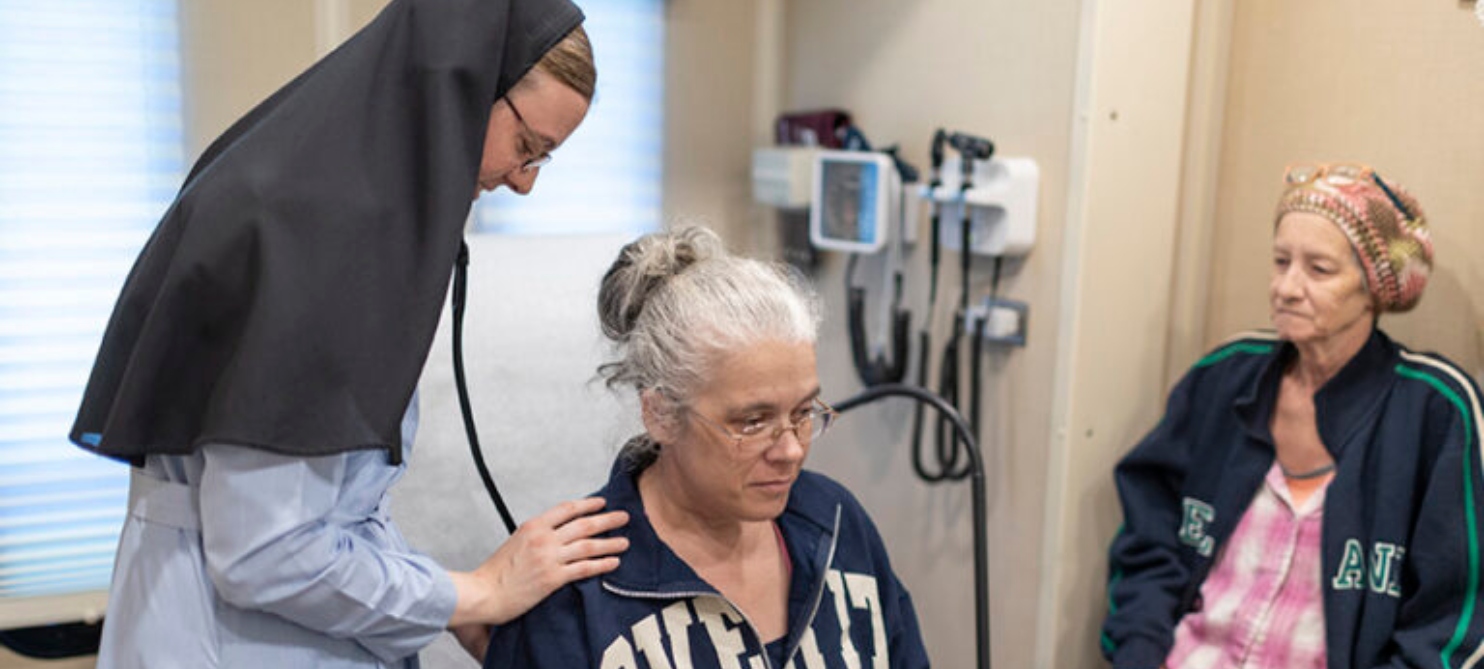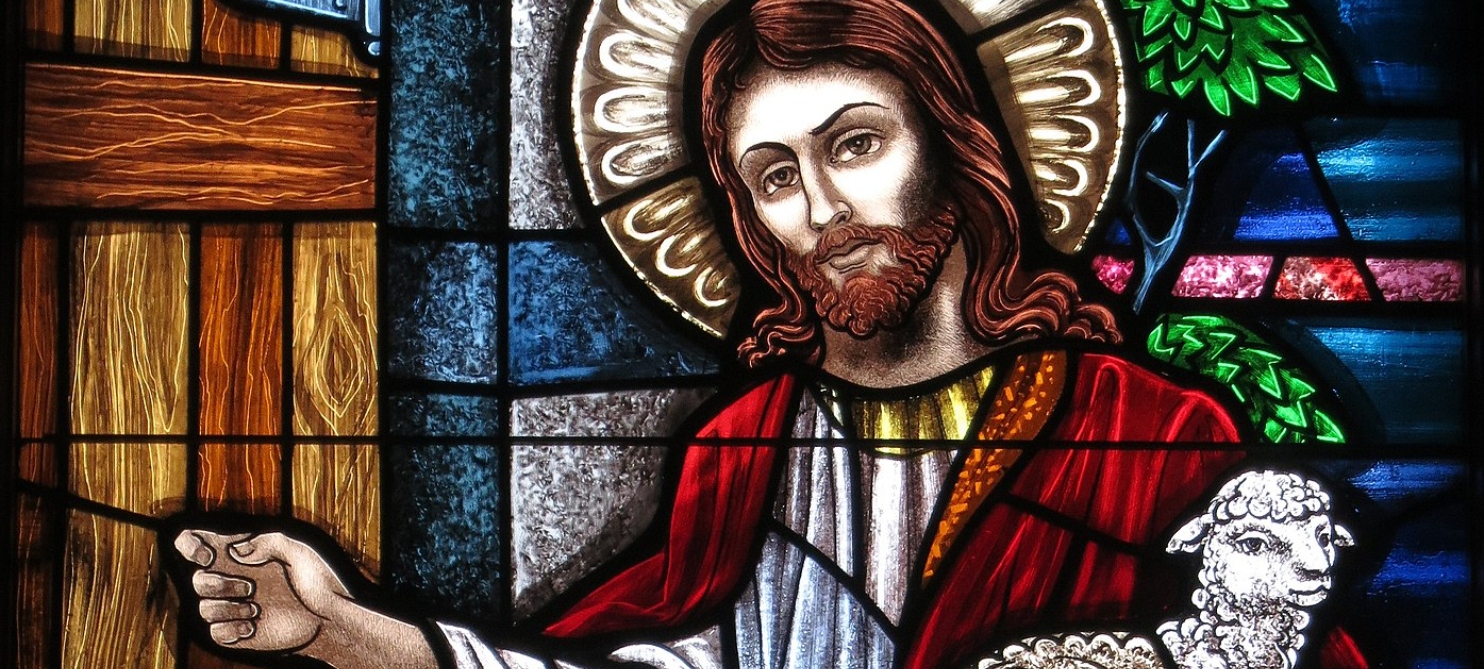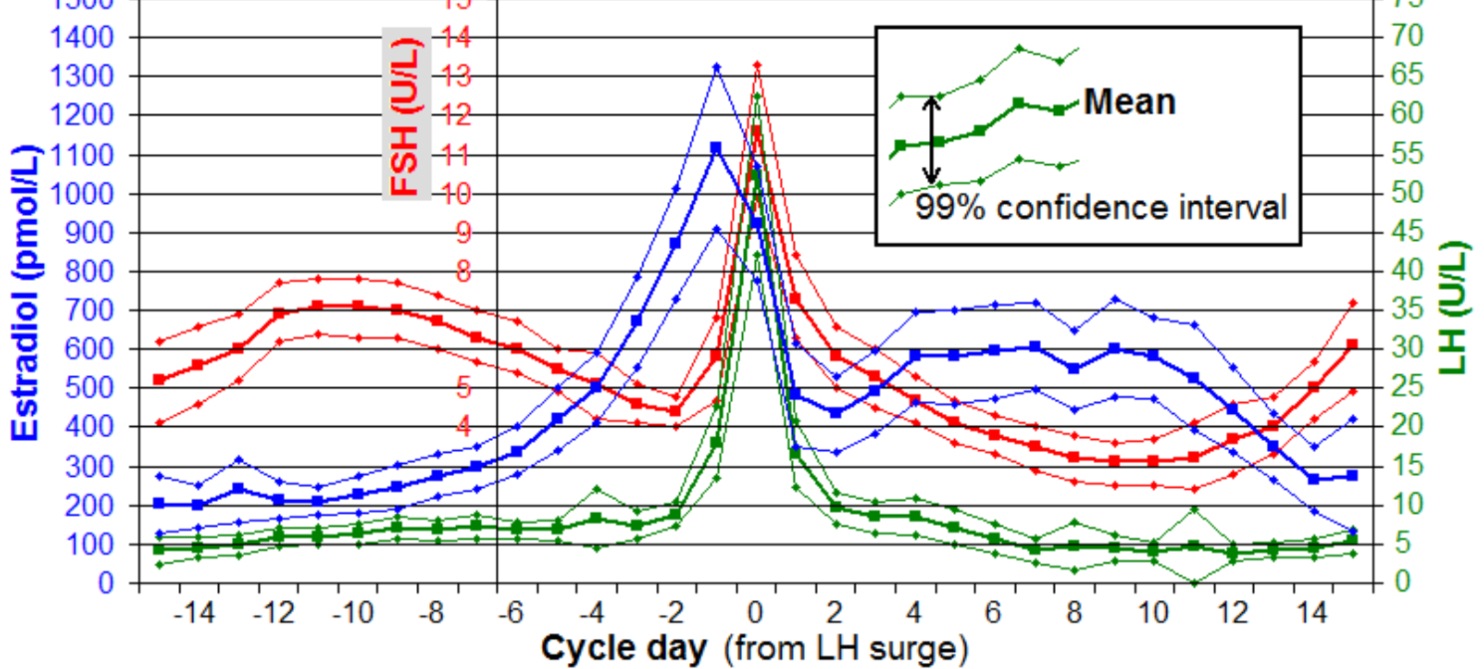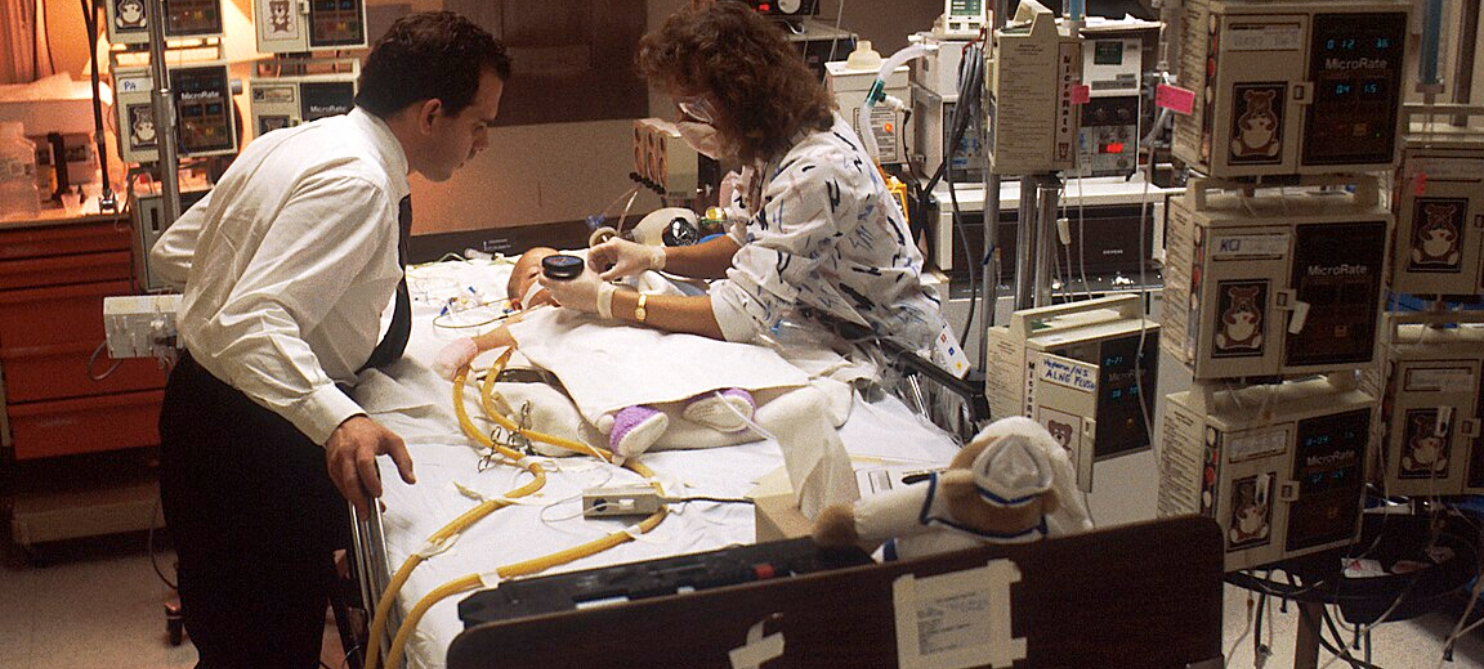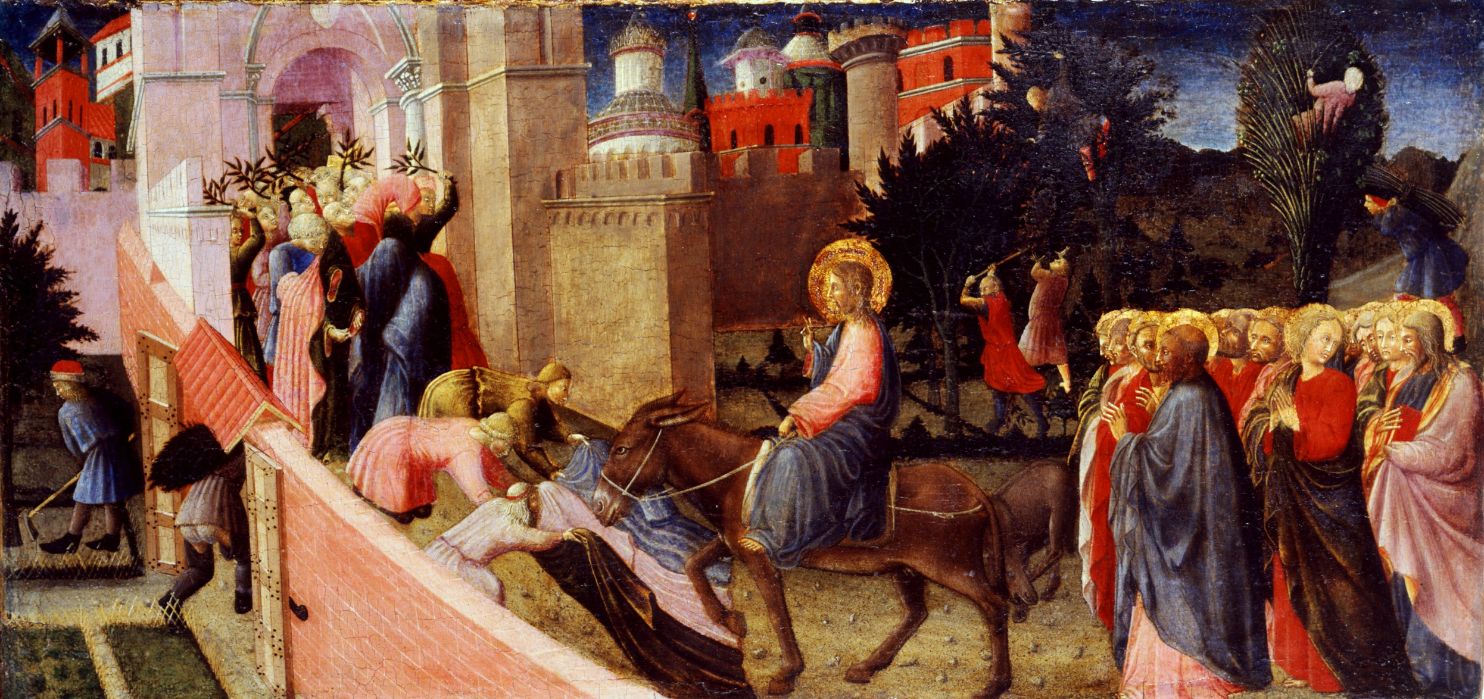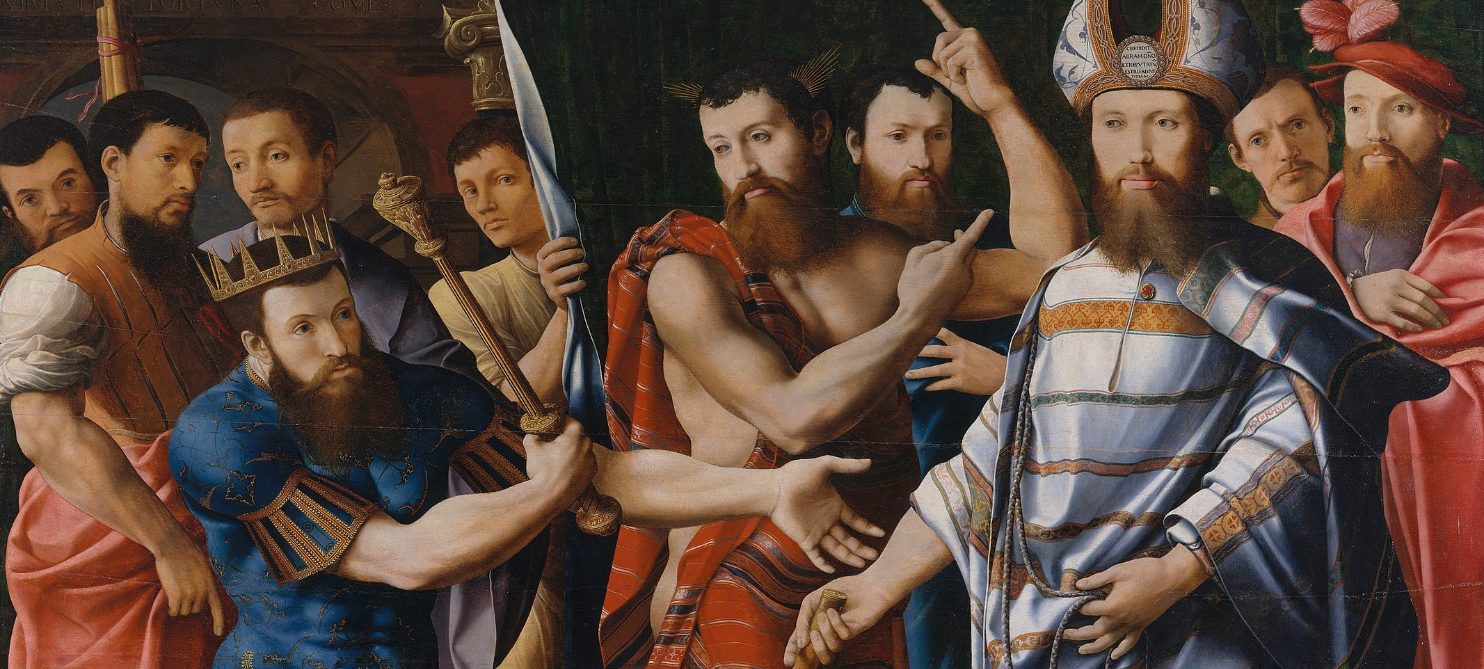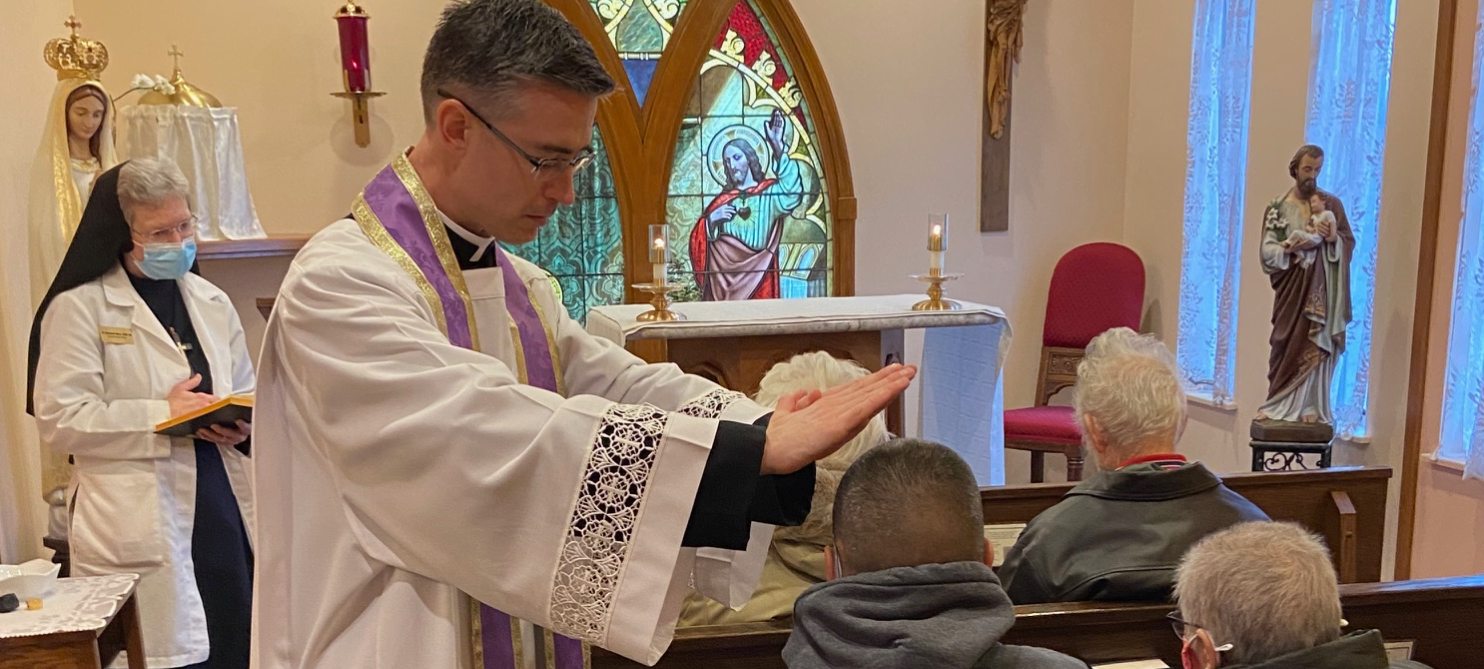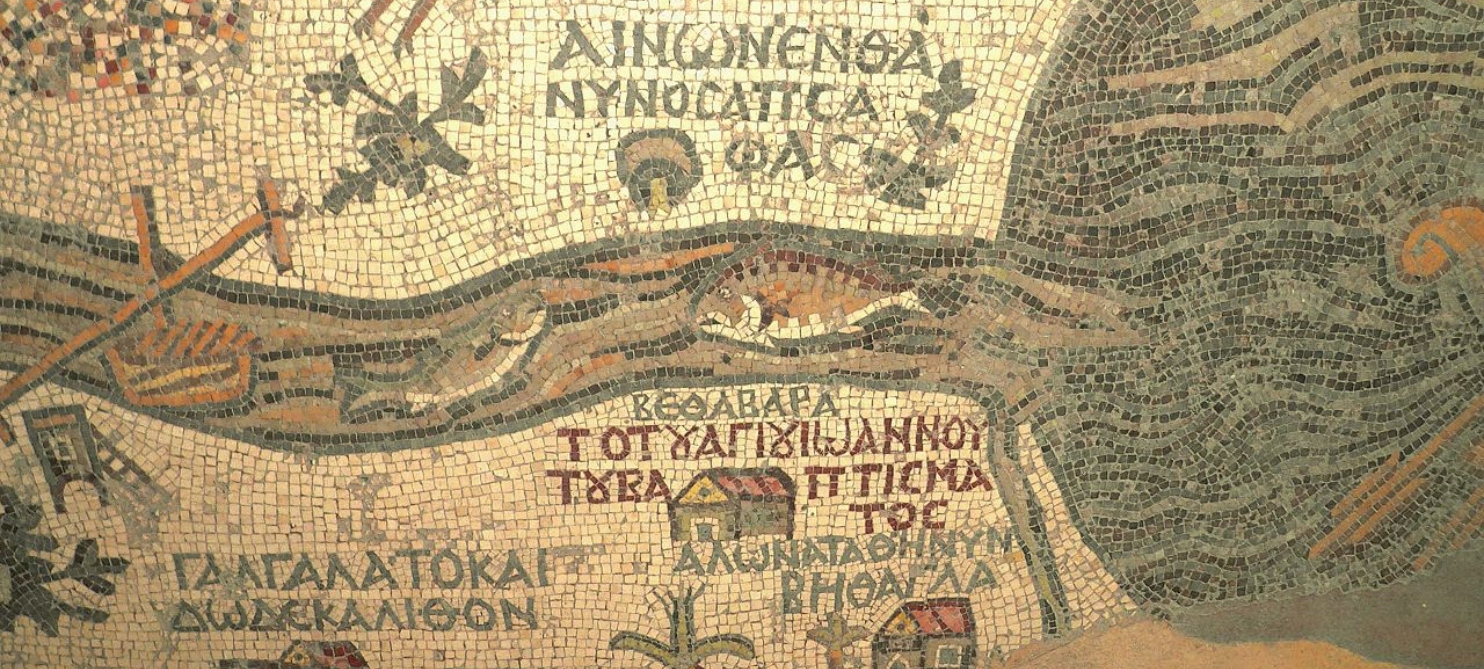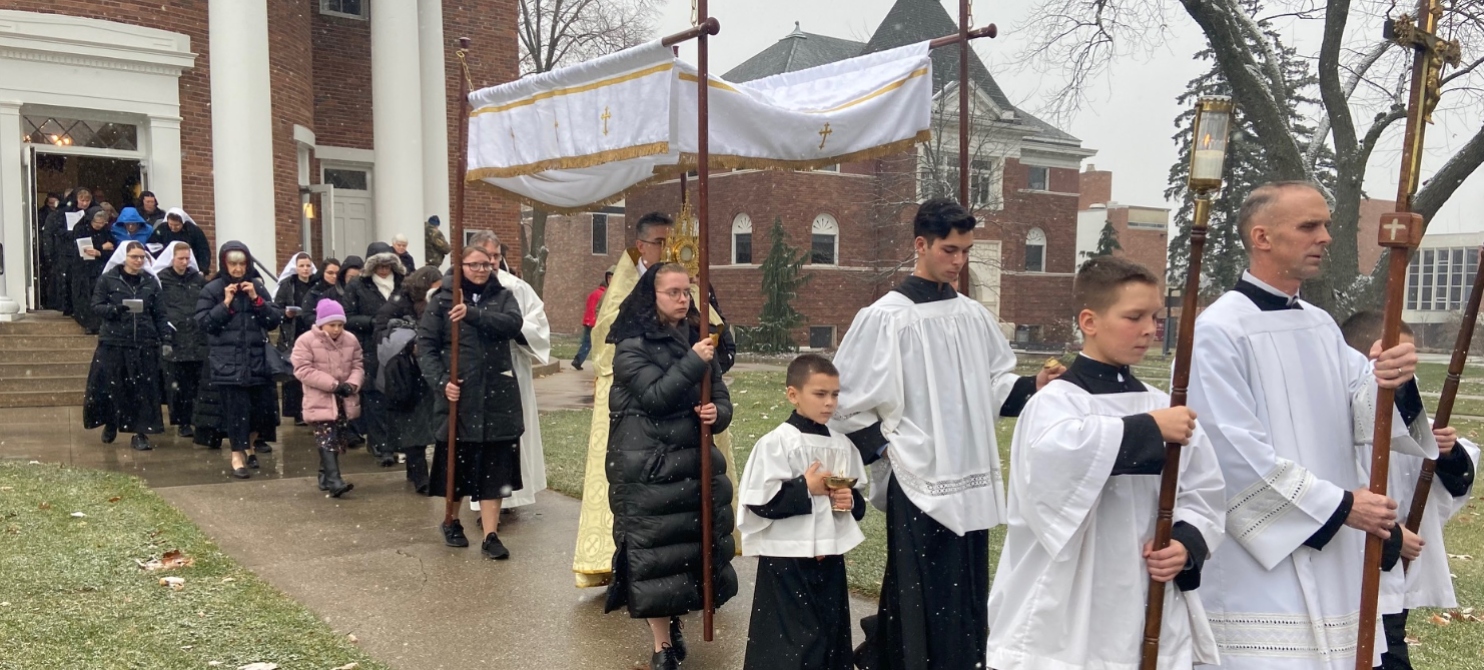February 11, 2021 commemorates the 29th World Day of the Sick and the celebration of Our Lady of Lourdes. The Gospel chosen for the day is from the Gospel according to John. It is the account of the miracle of the wedding feast of Cana in which Mary tells the servants, “Do whatever He tells you.” Later in the passage we read, “Jesus did this as the beginning of his signs at Cana in Galilee and so revealed his glory, and his disciples began to believe in him.”[i] Here we see an example of the role of Our Lady interceding with her Son, the Lord Jesus. This is the beginning of His self-revelation: in His tender pity for our misery, He reaches out to relieve our distress. But our distress is not only physical suffering; He comes to save us from the wages of sin, which is the separation from God and spiritual death. So often in the Gospel He heals physically as a means of demonstration; He is the Lord of Life and the only One Who can forgive sins.
This truth is seen clearly in the story of the healing of the paralytic, found in the three synoptic Gospels. We read about the paralytic man, unable to come to Jesus on his own, carried by his friends to Jesus:
…finding no way to bring him in because of the crowd, they went up on the roof and let him down with his bed through the tiles into the middle of the crowd in front of Jesus. When he saw their faith, he said, “Friend, your sins are forgiven you.” Then the scribes and the Pharisees began to question, “Who is this who is speaking blasphemies? Who can forgive sins but God alone?” When Jesus perceived their questionings, he answered them, “Why do you raise such questions in your hearts? Which is easier, to say, ‘Your sins are forgiven you,’ or to say, ‘Stand up and walk’? But so that you may know that the Son of Man has authority on earth to forgive sins”—he said to the one who was paralyzed—“I say to you, stand up and take your bed and go to your home.” Immediately he stood up before them, took what he had been lying on, and went to his home, glorifying God.[ii]
This is a theme echoed by Pope Francis in his message for the World Day of the Sick.
In his message, Pope Francis pointed out that those who care for the sick are willing to share in the suffering of the other. In speaking of the coronavirus pandemic, he said, “…[T]he pandemic has…highlighted the dedication and generosity of healthcare personnel, volunteers, support staff, priests, men and women religious, all of whom have helped, treated, comforted and served so many of the sick and their families with professionalism, self-giving, responsibility and love of neighbour. A silent multitude of men and women, they chose not to look the other way but to share the suffering of patients, whom they saw as neighbours and members of our one human family.
Pope Francis also emphasized such closeness as a sign of the love of Jesus Christ:
Such closeness is a precious balm that provides support and consolation to the sick in their suffering. As Christians, we experience that closeness as a sign of the love of Jesus Christ, the Good Samaritan, who draws near with compassion to every man and woman wounded by sin. United to Christ by the working of the Holy Spirit, we are called to be merciful like the Father and to love in particular our frail, infirm and suffering brothers and sisters (cf. Jn 13:34-35). We experience this closeness not only as individuals but also as a community. Indeed, fraternal love in Christ generates a community of healing, a community that leaves no one behind, a community that is inclusive and welcoming, especially to those most in need…
If a therapy is to be effective, it must have a relational aspect, for this enables a holistic approach to the patient. Emphasizing this aspect can help doctors, nurses, professionals and volunteers to feel responsible for accompanying patients on a path of healing grounded in a trusting interpersonal relationship (cf. New Charter for Health Care Workers [2016], 4). This creates a covenant between those in need of care and those who provide that care, a covenant based on mutual trust and respect, openness and availability. This will help to overcome defensive attitudes, respect the dignity of the sick, safeguard the professionalism of healthcare workers and foster a good relationship with the families of patients.
Finally, Pope Francis reminded us poignantly that Jesus heals us through a personal encounter with Himself:
For the mystery of Christ’s death and resurrection is the source of the love capable of giving full meaning to the experience of patients and caregivers alike. The Gospel frequently makes this clear by showing that Jesus heals not by magic but as the result of an encounter, an interpersonal relationship, in which God’s gift finds a response in the faith of those who accept it. As Jesus often repeats: “Your faith has saved you.”[iii]
All health care providers, and indeed all Christians, are called to be a witness to Jesus through our willingness to give of ourselves to others. Jesus Himself tells us of the importance of the works of mercy when he said, “Truly I tell you, just as you did not do it to one of the least of these, you did not do it to me.”[iv]
To read the entire message of Pope Francis:
A trust-based relationship to guide care for the sick
[i] “John 2:1-22 – Readings for the Memorial of Our Lady of Lourdes.” Accessed February 8, 2021. http://www.liturgies.net/saints/mary/lourdes/readings.htm.
[ii] “Luke 5:18-25 – New Revised Standard Version Catholic Edition.” Bible Gateway. Accessed February 8, 2021. https://www.biblegateway.com/passage/?search=Luke+5%3A18-25&version=NRSVCE.
[iii] Francis. 29th World Day of the Sick 2021, December 20, 2020. http://www.vatican.va/content/francesco/en/messages/sick/documents/papa-francesco_20201220_giornata-malato.html.
[iv] “Matthew 25:45 (NRSVACE).” Matthew 25:40-45 NRSVACE- And the king will answer them, “Truly – Bible Gateway. Accessed February 8, 2021. https://www.biblegateway.com/passage/?search=Matthew+25%3A40-45&version=NRSVACE%2CKJV.
Posted February 11, 2021



